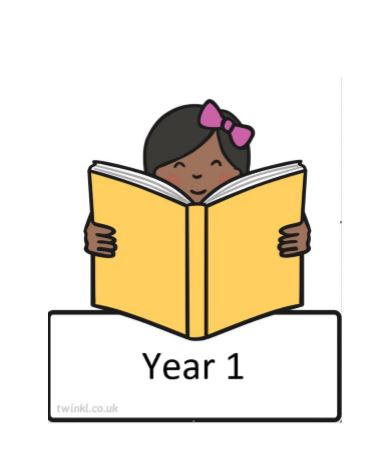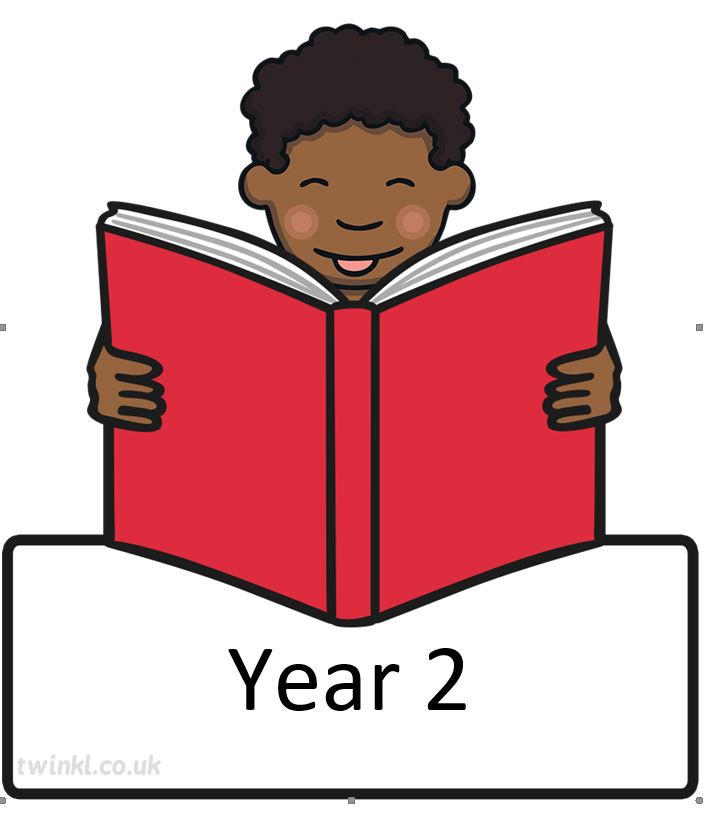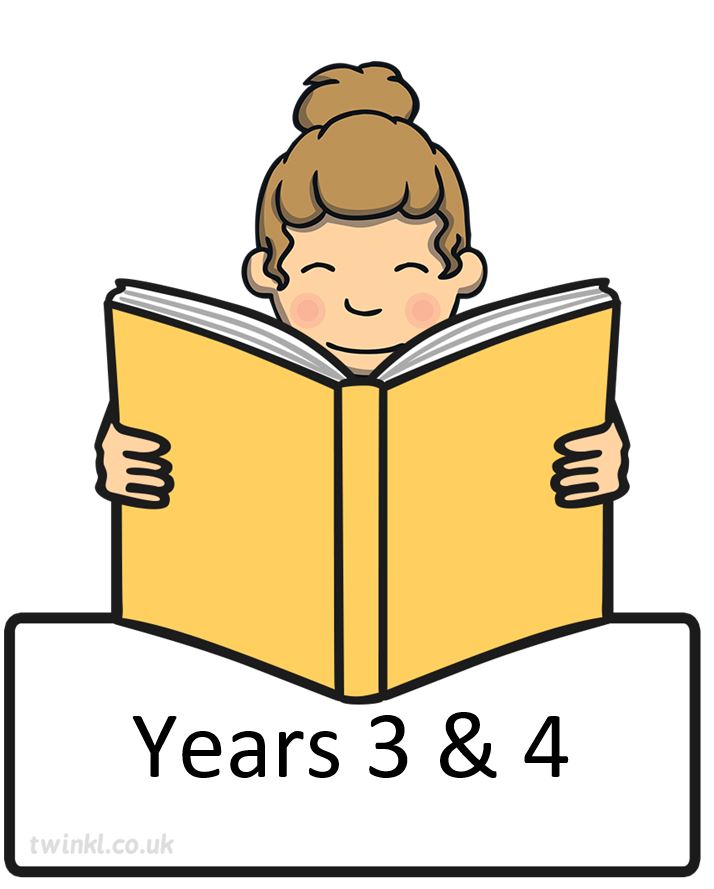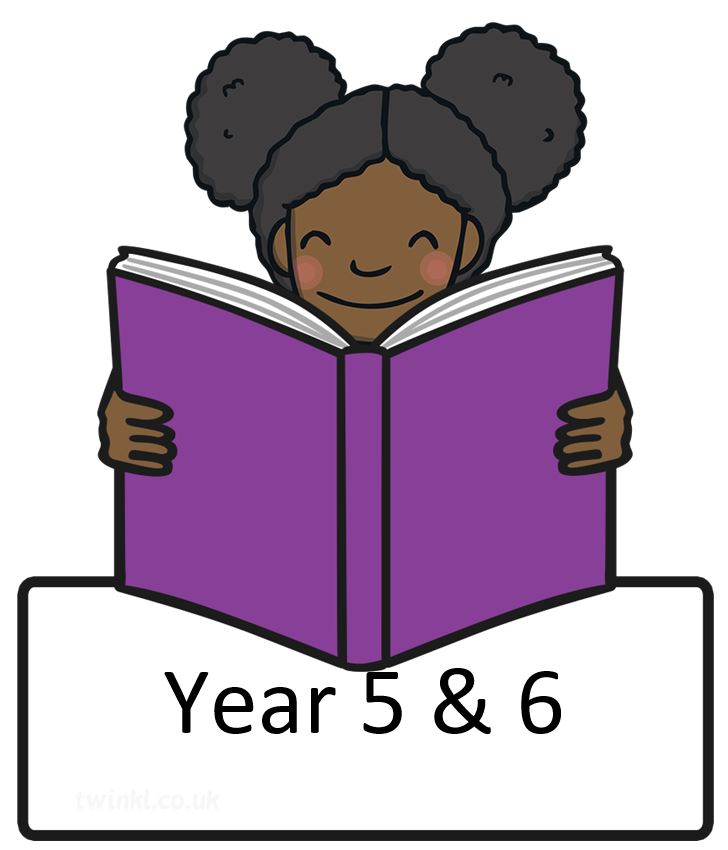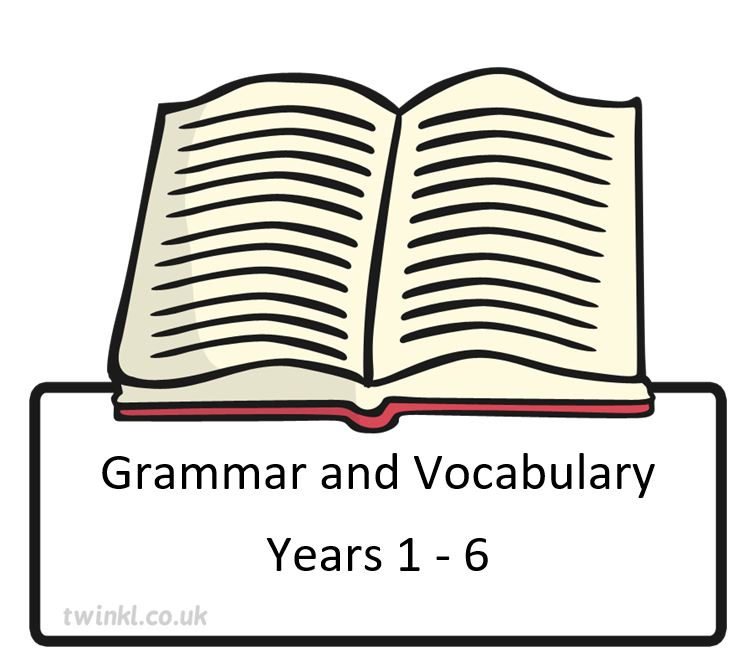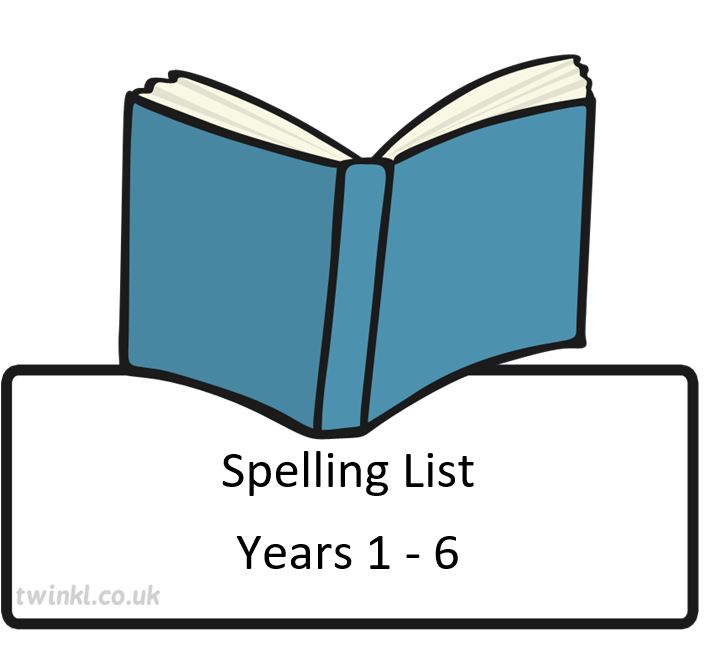“There have been great societies that did not use the wheel, but there have been no societies that did not tell stories.”
Ursuala K. La Guin
At Ladbrooke school we take every opportunity to teach and learn the skills of reading, writing, speaking and listening which come together to make up our English curriculum. Not only do we learn and use these skills in English lessons, but they also play an important role in other lessons, from speaking and listening in P.E, P.S.H.E, Music and even maths, through to reading and writing in science and topic lessons.
“To learn to read is to light a fire.”
Victor Hugo
English in Action - Take a look at this video to find out how Year 6 produced their lovely writing based on the short film 'Alma'.
Below you will find a simple summary of the English that is taught in the different phases of Ladbrooke School.
English in Early Years (Ages 3-5)
We start learning English skills in our Foundation Stage. Children listen to stories, retell stories they know, share news of their own lives and even make up their own stories which their friends act out. We call these 'helicopter stories' even though they don't have to feature a helicopter at all!
Alongside, these rich language experiences, we begin on our phonic teaching programme using the Read, Write, Inc scheme which is explained in a little more detail below.
Read, Write Inc.
Read Write Inc (RWI) is an exciting systematic phonics scheme designed to support the teaching of reading and writing. The teaching of phonics begins at the end of nursery and continues until the end of year 2. Initially the class are taught as a whole focusing on recognising sounds, blending them together to read and being able to write the letters correctly (lower case letters only). After a few weeks the children are assessed and grouped for phonics. This allows for children to be challenged and supported effectively. Each group is led by a specially trained member of staff who delivers well paced, engaging lessons which quickly enable children to become independent readers. If you would like to know more about the RWI phonics scheme, please click on the link to access the Ruth Miskin RWI Site http://www.ruthmiskin.com/en/read-write-inc-programmes/phonics/.
Each year we hold a meeting for parents to discuss how our reading and phonics is taught. Please take a look at this presentation from the evening.
Click on this link to see the slides from the foundation stage reading and phonics meeting Sept 27th
“If you are going to get anywhere in life you have to read a lot of books.”
Roald Dahl
English In Key Stage 1
As children move into Key Stage 1 they continue to work on the RWI scheme until their phonic knowledge is really secure. At this point they t move to English work based around longer texts and a range of information writing, which is very similar in style to the English work in Key Stage 2.
The focus of reading moves away from decoding words, towards developing deep understanding of the text being read and the ability to answer 'looking questions' (retrieval), 'clues questions' (inference) and 'thinking questions' (evaluation).
When writing, the children are encouraged to first tell a known story orally; then to draw a story map to plan an adapted version of the story; and finally to write their finished stories. On completing their work, children will be taught to proof read and edit their writing, correcting spelling and punctuation errors or even replacing words and phrases with more effective choices.
Children also continue to develop neat handwriting and begin to move towards using joined handwriting in Year 2. They learn spellings based on the spelling patterns in the Year 1 and Year 2 curriculum. In addition to this they learn basic grammar terminology and how to write improved sentences.
Click below to learn more about English in Y1 and Y2.
“I really had a lot of dreams when I was a kid, and I think a great deal of that grew out of the fact that I had a chance to read a lot.”
Bill Gates
English In Key Stage 2
In Key Stage 2 a lot of our English is based around longer good quality texts, including some modern classics. Children produce a range of writing based on the stimulus of these texts.
In addtion to this, children participate in guided and whole class reading lessons where they work on comprehension skills such as the ability to summarise a text and answer a range of questions about the text.
Spelling is taught through our Spell to Excell programme. Joined handwriting is taught so that children are able to develop a fluent, legible style of writing. Success in this is rewarded with a pen license allowing children to move from using pencil to handwriting pens.
Grammar is taught in some discreet grammar lessons, but is also an integral part of other English lessons.
Click below to see what we learn in Years 3&4, then in 5&6
The links below will take you to some documents that show the grammar and vocabulary we teach and some spelling lists
These pictures show some English through the school

